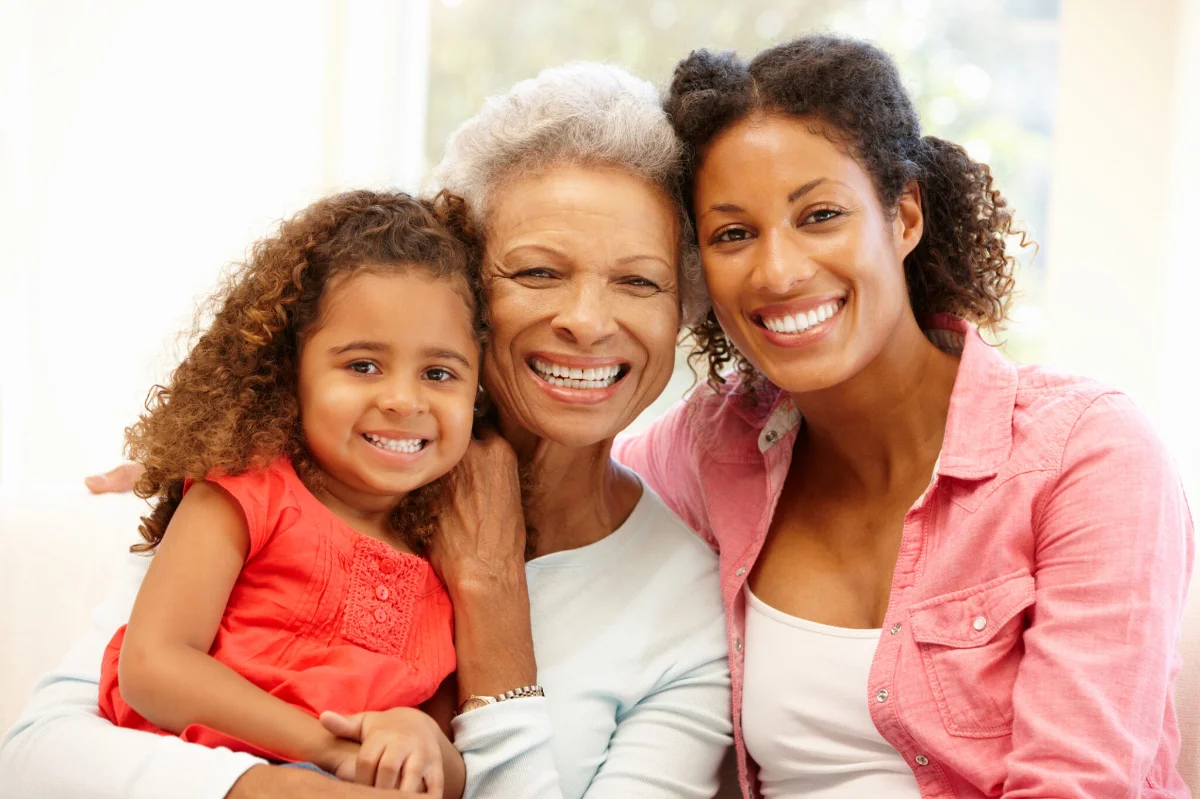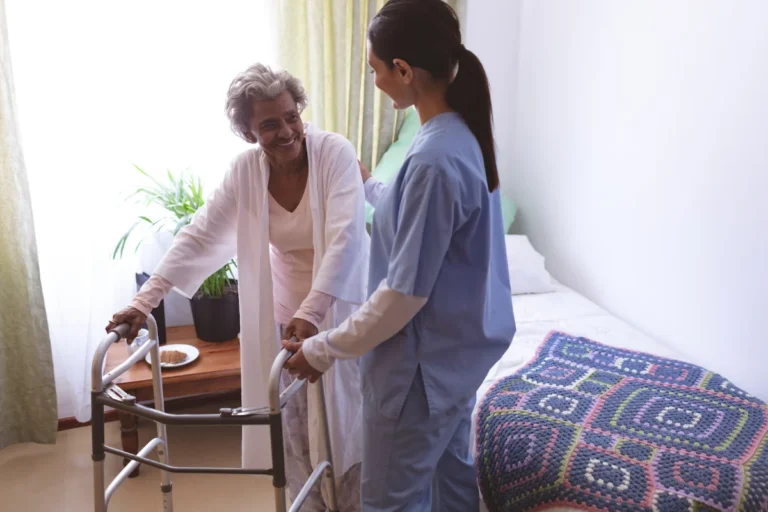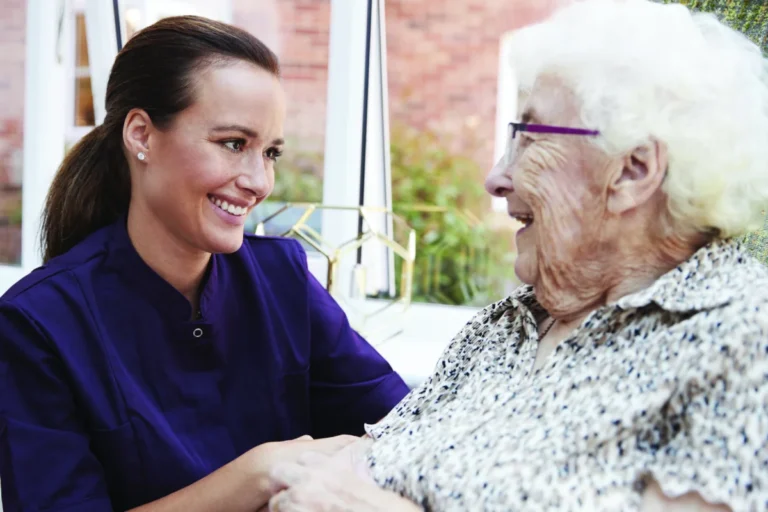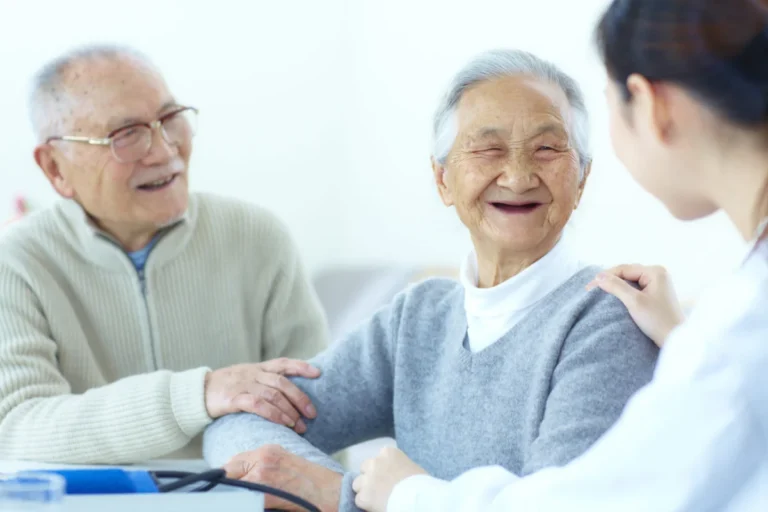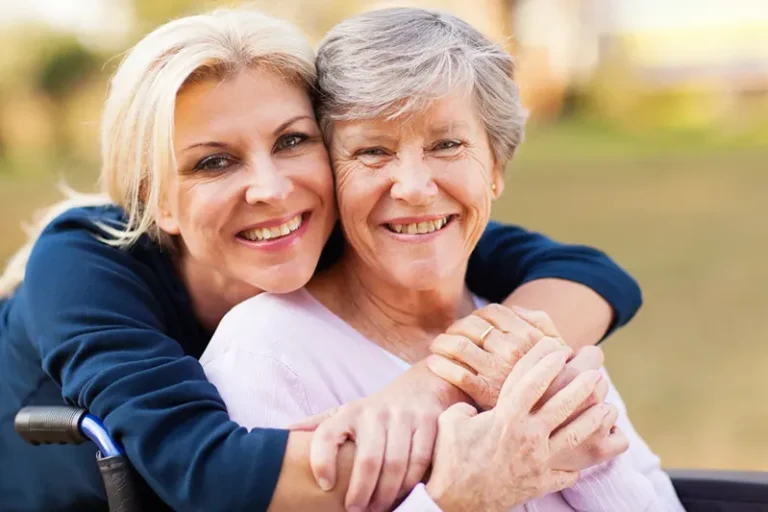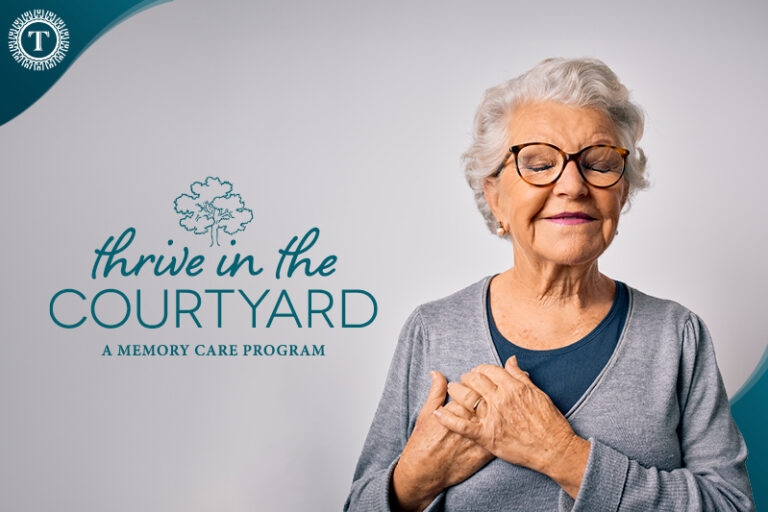There are many exciting aspects of aging – more free time in retirement, the opportunity to learn new hobbies, travel to new places and spend more time with family. Many of the concerns of raising young children transition into the excitement of grandchildren, and the stress of growing a career moves forward into the celebration of retirement.
With the new opportunities that come as part of a new lifestyle in retirement, the natural process of aging also brings physical and mental changes. In addition to some muscle loss, loss of skin elasticity and stiffer joints, many aging adults notice:
- A decrease in their ability to pay attention
- Trouble multitasking
- A delayed ability to recall names and find words
While these are considered normal parts of aging, it can be helpful for seniors and their families to understand how the aging process impacts the brain, what to watch out for and how to best handle the changes.
Changing With Age
Many of the changes that happen to our bodies with age become more obvious each day. From taking a bit longer to complete an exercise routine or a twinge in the knees when you get off the floor after a board game with the grandkids, the physical signs of age can be difficult to ignore. The changes that happen in the brain over time can be a bit trickier to pin down.
Beginning in your 30s or 40s, the overall volume of the brain begins to shrink; the rate of shrinkage increases by the age of 60. The area of the brain most impacted by this shrinkage is the part that handles complex mental activities. Other changes to the brain as a natural part of aging include:
- Increased inflammation
- Decreased blood flow
- Less effective communication between neurons
There are other positive changes that occur in the brain over the years. These can include:
- An improved ability to focus with less wandering of the mind
- Lower levels of anxiety
- Fewer restless thoughts
Memory Loss and Forgetfulness
Many older adults worry that any memory loss is a sign of Alzheimer’s disease or dementia. Some seniors may worry if they sometimes forget to pay a bill or take longer to learn new things. While these changes can be frustrating, they are usually only signs of mild forgetfulness, which is a natural part of aging. Other mental changes that are directly linked to the natural aging process include:
- A slower speed of cognitive processing and reaction time
- Slight changes in speech patterns or recalling words
- Delay in the ability to solve problems or process new information
- Difficulty remembering names or terms
- A slowing in the ability to handle new tasks or to multitask
If you notice these changes in yourself or a loved one, there is no reason to be upset. Discussing these changes with a medical professional can give you peace of mind that the changes are a natural part of the aging process. Additionally, there are many techniques that can help seniors to stay healthy and improve their mental skills. Here are some ideas:
- Learn a new skill. At Mission Chateau Senior Living Community, residents enjoy the support of a Life Activities Director who creates options and opportunities for new challenges each day.
- Create and follow a daily routine. Continuity helps to reduce anxiety and to foster independence.
- Use tools, such as lists or scheduling apps. Setting yourself up for success makes each day a smoother ride.
- Always keep your important items, like a wallet or keys, in the same place. This reduces stress when looking for these items daily and allows you to focus on other tasks.
- Focus daily on your overall health. This includes paying attention to things like drinking enough water, eating nutritious meals and spending time outdoors.
- Get enough sleep and include exercise in your daily routine. At Stratford Commons Rehabilitation and Health Care Center, each resident has access to a specially designed therapy gym and trained staff to help support each resident’s fitness goals.
- Spend time with family and friends. Seniors who spend too much time alone are not only at risk for more rapid cognitive decline, but they also are at a higher risk for depression.
Finding Safety and Community
At Tutera Senior Living & Health Care, each community is specifically designed to meet the needs of the residents. We offer independent living, assisted living, rehabilitation and memory care. Every community offers support, security and opportunities for each resident and for their families. Each resident is treated as an individual, and their needs, goals and health are given the highest priority.
Interested in finding a Tutera Senior Living community near you? We have a community location finder to help you do just that! Or you can call us any time at 877-988-8372 to ask questions, learn more about our care programs or schedule a tour.

